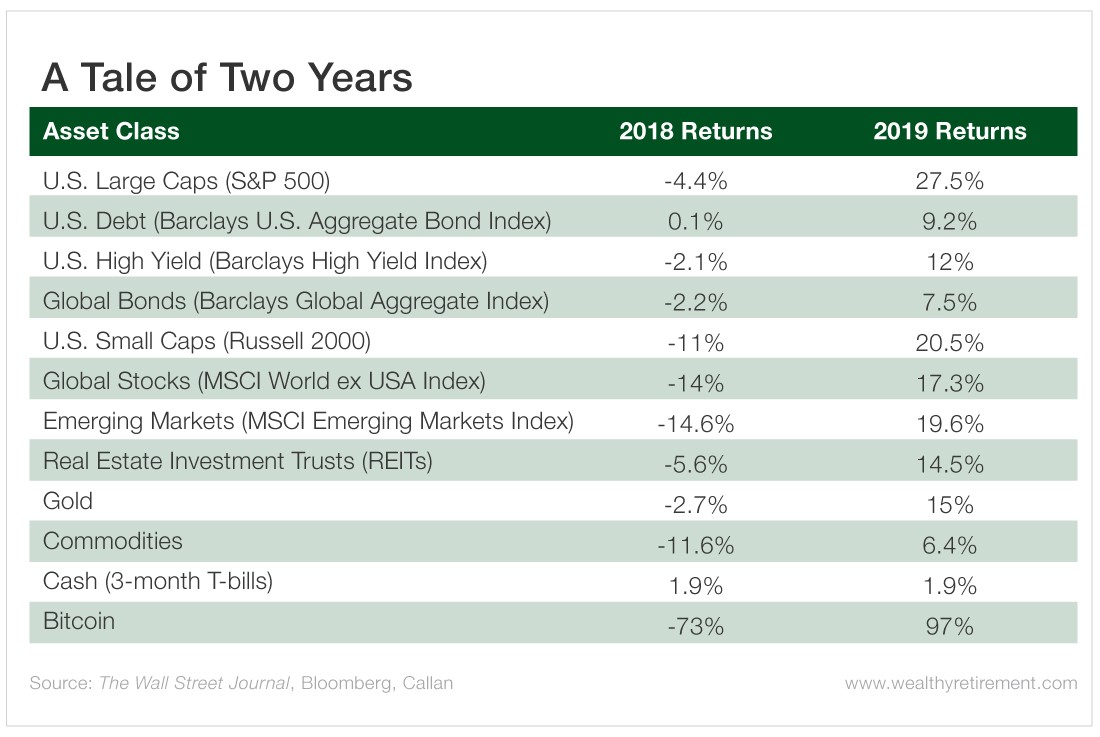

Supply chain disruptions and increasing energy prices reduced growth expectations already at the beginning of the year but are now becoming a heavy burden on the post-COVID economic recovery. The Russia-Ukraine war has significantly darkened the global economic environment. Rising inflation expectations have also caused medium to long-term interest rates to increase remarkably, shifting the U.S.Economic growth prospects deteriorated in Q1 and inflation is expected to reach new record highs (Western Europe: 5.9% YoY in Q2 22, U.S.: 7.9% YoY in Q1 22).+5.9% YoY expected Western European inflation rate in Q2 Unicredit, for example, as one of the largest foreign banks in Russia, ranking 12th by total assets.Įconomic growth prospects deteriorate and inflation is running hot Among the European low performers of Q1 2022 are in particular banks with significant Russian exposure, mainly from Austria, Italy and France.European banks’ average valuation declined by -0.03x QoQ to 0.63x and U.S. Average P/B ratios showed corresponding corrections.BRICS banks, dominated by Chinese and Brazilian banks, remained nearly unaffected by the latest market developments and showed a quarterly TSR of +4.7%. banks had a less strong start into the year and lost shareholder value of on average -7.7% QoQ. Compared to Western European banks, U.S.In the first half of Q1 2022, the global top 100 banks continued the strong TSR performance 0f the previous year (+7.4% until mid of February) but lost some momentum since mid of February and ended Q1 2022 with a value of +1.7% QoQ.Market capitalization of the overall global banking industry stopped climbing in Q1 2022 but remained on a high level at EUR 7.8 tr (-0.2% QoQ), still +7.6% YoY and even +59.2 % compared to the previous low value in Q1 2020 (EUR 4.9 tr).Despite a slight recovery since mid-March, Western European banks ended Q1 2022 with a negative TSR of -1.7% QoQ (vs. Especially Western European banks showed a strong performance during the first weeks of 2022 but with the beginning of the war, they lost temporarily shareholder value of around -25.0%.


Corresponding economic turmoil and dampened interest rate hike fantasies weighed heavily on Western European as well as U.S. Western European banks showed a strong TSR performance during the first weeks of 2022 but lost temporarily around -25.0% and ended Q1 with a TSR of -1.7% QoQ.Īfter a steady recovery over the previous year, the Russia-Ukraine war has shocked the world in the first quarter of 2022 and global capital markets went into correction mode (MSCI World TSR -5.0% QoQ, market capitalization -3.6% QoQ).The Russia-Ukraine war has shocked the world in Q1 2022 and global capital markets went into correction mode (MSCI World TSR -5.0% QoQ).1.7% QoQ TSR performance of Western European banks Turbulent first quarter: bank stocks clearly lost momentum


 0 kommentar(er)
0 kommentar(er)
